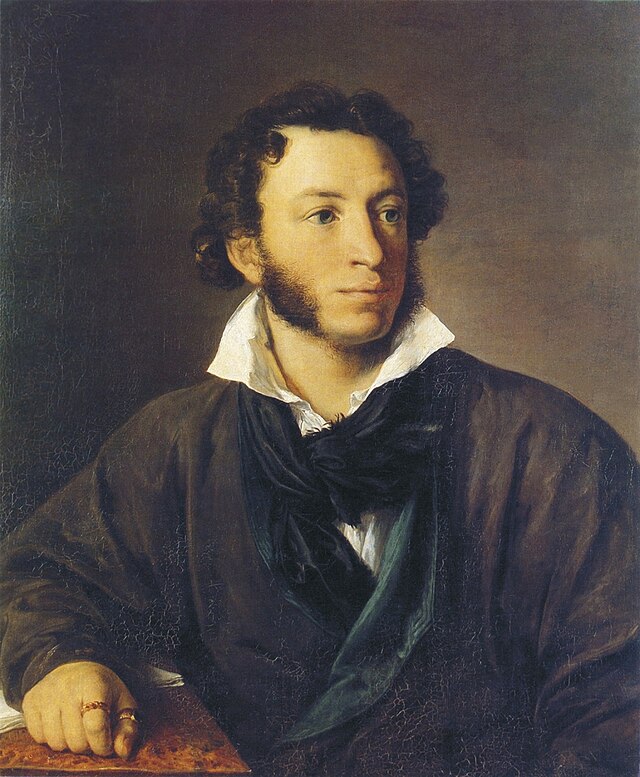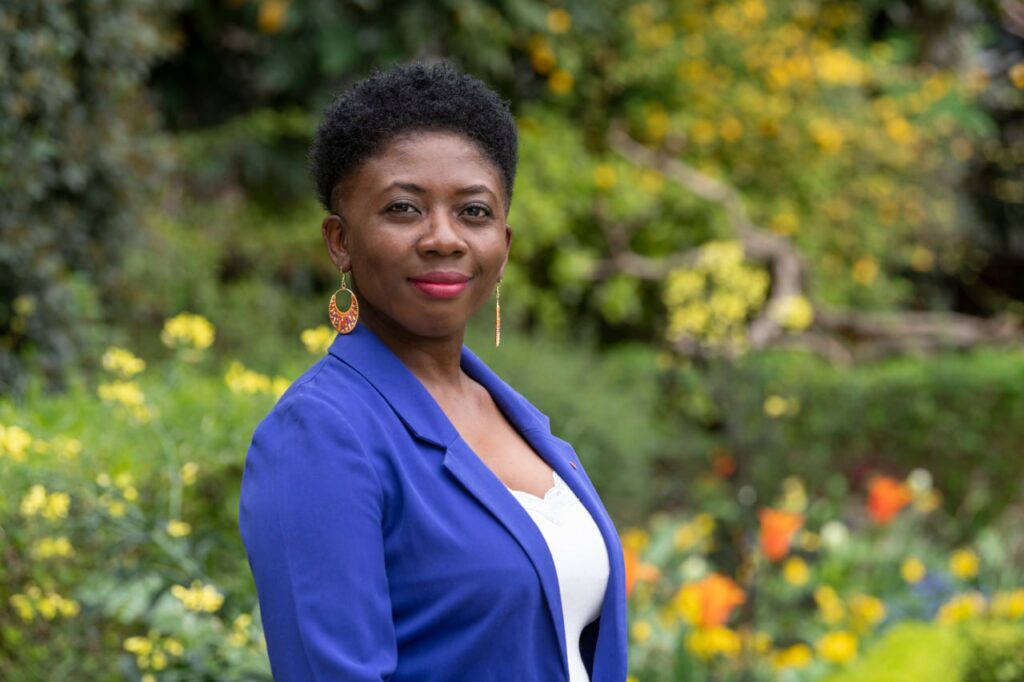At the heart of European cultural dynamics, Afropeanity reveals an identity at the intersection of Africa and Europe. Afro-Europeans, or Afropeans, embody a bridge between two worlds, shaping a more inclusive Europe enriched by multiple cultural and historical affiliations. Discover this complex identity, marked by postcolonial claims and the richness of diversity.
In the European landscape, Afro-Europeans occupy a unique position, weaving ties between two continents defined by centuries of trade, colonization, and migration. Representing those of African descent living or born in Europe, Afro-Europeans, or “Afropeans,” no longer settle for dual belonging; they are redefining the boundaries of European identity itself.
Multiple origins and an ancient history

The idea of an African diaspora in Europe has its roots in several historical moments: the transatlantic slave trade, European colonization in Africa, and recent migratory movements. As early as the 16th century, Black figures began to emerge in Europe. Personalities like Abraham Hannibal, a Russian noble of African origin and great-grandfather of poet Alexander Pushkin, or Anton Wilhelm Amo, a philosopher and teacher in Germany, exemplify an African presence already intertwined with European culture.
However, these early Afro-Europeans often remained isolated in societies that viewed them as singularities, exceptions. They were present and visible, but rarely accepted as fully European.
The concept of Afropeanity and Its evolution

The term “Afropean” itself emerged around the 1990s. With Zap Mama’s album Afropea, followed by the writings of Léonora Miano and the works of Johny Pitts, Afropeanity became a sociocultural concept defined by a sense of multiple belonging. Johny Pitts describes this identity as a hyphen between Africa and Europe, an identity experienced without conflict. For him, “Afropean” represents those who articulate their experience between Black heritage and European culture without having to choose one side at the expense of the other.
Afropeanity is not merely a recognition of origin; it is also political, born of struggles for equality and social justice. Today’s Afro-Europeans claim a full place in their societies, refusing to be reduced to migratory or postcolonial identities. They embody a movement that asserts their role in the evolution of European countries, whether through music, literature, or visual arts.
Dual culture

Being Afro-European means navigating between two cultures, a journey often filled with challenges and confrontations. Afro-Europeans face a society where prejudices persist and skin color is often considered a marker of “otherness.” In France, for instance, the “republican myth” of an indivisible nation sometimes obscures the plurality of its cultural roots and ignores the diverse experiences of Afro-descendants.
Afro-Europeans thus remain subject to stereotypes and invisibility in the media and public spheres. Activists such as Claudy Siar and Pascal Blanchard call for greater acknowledgment of colonial history and the legacy of slavery in France and across Europe. This demand is not merely symbolic; it reminds us that understanding the history of Afro-Europeans can transform how European societies perceive themselves.
An expanding constellation

Afropeanity is not confined to intellectual or artistic circles; it touches all areas of society. Figures like Senegalese musician Fredy Massamba, French MP Danièle Obono, and footballer Mario Balotelli embody this plural identity in their respective fields. They are living examples of what Afropeanity can mean: a harmonious coexistence of European and African identities.
These figures are not just role models for young Afro-European generations; they also demonstrate how this identity brings a unique richness. As Gabonese singer Wendy says, being Afropean means “taking the best of both worlds,” blending the values and culture of African roots with the lessons and opportunities offered by Europe.
Towards a redefined Europe

The presence of Afro-Europeans, with their multiple voices and experiences, pushes Europe to redefine its identity. The call for true inclusion and recognition of cultural diversity lays the foundations for a more open Europe, where Afropeanity is no longer seen as marginal but instead becomes a transformative force, influencing societal norms and values.
The recognition of Afro-Europeans invites a deeper reflection on racism and prejudice, as well as on Africa’s ongoing contributions to Europe beyond the colonial period. In an increasingly globalized world, Afropeanity represents a synthesis of historical continuity and modernity. It is a message of hope for a more inclusive Europe, one capable of embracing diversity without diluting identities.
Summary
Notes and References
- Markovits, Claude. The Global World of Indian Merchants, 1750-1947. Cambridge University Press, 2000. This book documents the presence of Africans in Europe as early as the 16th century and their roles in local societies.
- Soumahoro, Maboula. Afropeans: Being Black in Europe. Éditions La Découverte, 2020. The author explores the term “Afropean” and its meaning in the European context.
- Pitts, Johny. Afropean: Notes from Black Europe. Penguin Books, 2019. Pitts develops a vision of Afropeanity as an inclusive and non-conflictual identity.
- Blanchard, Pascal, and Bancel, Nicolas. From Françafrique to the Mixed Republic. La Découverte, 2005. This work addresses the challenges of Afro-European identity within French society.
- Siar, Claudy. The Mixed Republic, 2013. Siar, an activist and host, advocates for greater recognition of ethnic diversity in French media and institutions.
- Mrs Roots, “Afropean: Neither Reject Nor Withdraw,” mrsroots.fr, 2015. Mrs Roots explores the importance of Afropean identity in modern Europe.
- Wendy, interview in Cahiers d’études africaines, 2014. Wendy, a Gabonese artist, develops the concept of Afropeanity through her music and dual identity.
- Blanchard, Pascal. Africa in France: Crossed Histories and Shared Perspectives. CNRS Éditions, 2021. This book examines the cross-influence of Africa and Europe and the potential for a broader acknowledgment of this shared history.
